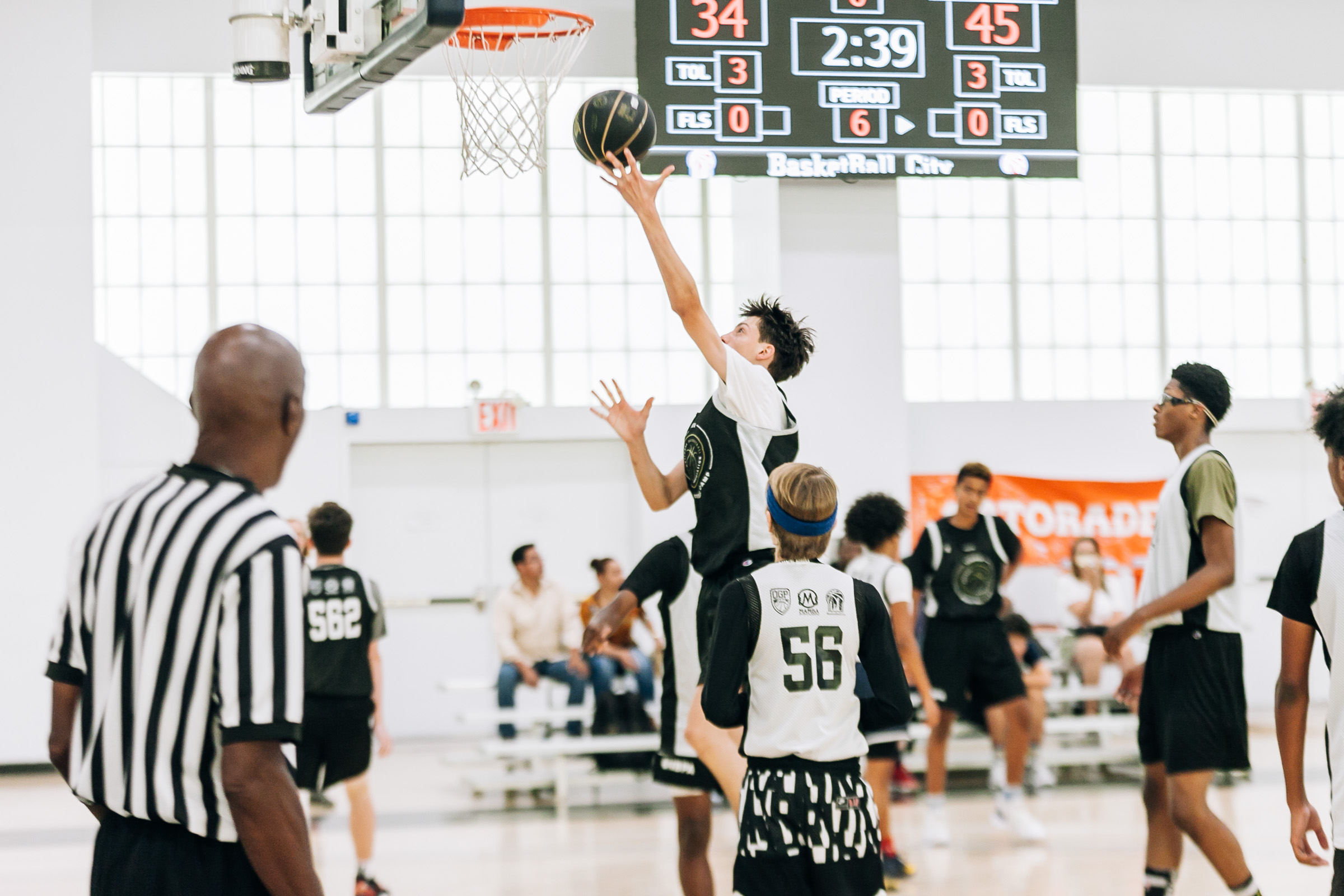Unfortunately, injuries are part of participating in sports. Any type of injury, even minor ones, can be frustrating. They can cause pain, missed participation, and sometimes decreased performance. Major injuries can result in significant time away from sport and sometimes result in permanent damage. Such injuries can have significant impacts on the mental health of the athlete. This article will cover some ways to help recover from injury, how to know when it is safe to return, the mental health impacts of injuries, and some ways to prevent injuries.
You had an injury, now what?
Many athletes will think of missing games or letting down teammates, but the focus for any injured athlete needs to be on their health and recovery. In the first few days, focus on decreasing swelling by icing and elevating. You should also avoid activities that cause pain. In most cases, unless specific directed not to move the injured area by a medical professional; early, gentle, pain-free range of motion is helpful to recovery. Over-the-counter medication should be used to decrease pain as needed.
As the pain and swelling decreases, you can start to be more aggressive about range of motion and start restrengthening program. Physical Therapists and athletic trainers can be very helpful in directing rehab for quicker recovery and preventing re-injury.
Try to maintain your conditioning. Discuss with your physician, physical therapist, or athletic trainer ways you can continue to condition without making the injury worse. For example, if you cannot run, can you bike or swim? What modifications can you make to your training regiment to continue some activities? This way you are still in good condition when your injury is healed and ready to return to play.
When do I know, I am ready to return to sport?
It is important to give yourself time to recover from an injury. In short, you should be able to participate in your sport with relatively little pain or discomfort. If you have pain with returning to sport, you should see and by cleared by a medical professional prior to trying to continue. In general, some soreness after activity is usually normal, but sharp or intense pain during activity could be a sign that you are doing further damage. Returning too early can cause further damage or reinjury and increase the time away from sport.
As the last phase of rehab, you should do sport specific exercises in a controlled environment before attempting a practice or game. If you are unable to perform these activities or have pain with them, you are not ready to return to play.
The time it takes to return to play, depends mostly on the type and severity of the injury. However, recovery times can vary. You should not compare your time to recovery to other athletes with similar injuries as everyone heals at different rates. However, if you are having a prolonged recovery, you may want to be evaluated by a physician to make sure there is not something else going on.
How can I support an injured athlete?
Injuries can be very detrimental to the mental health of athlete. Significant injuries can even lead to social isolation as they are away from teammates. It always important to support and listen to the athlete’s concerns. Never pressure an athlete to get back sooner than they feel they are ready. Most athletes are very focused on goals, specifically related to their sport. When they cannot perform their sport, they may feel lost. Redirecting them to focus on rehab goals can be very helpful. It is important to make concrete, short term goals that are attainable. It is also important that the athlete still feels part of the team, so when able involve them in team meetings and activities. It is also important to realize that while an athlete may be ready to return to sport physically, they may not be ready mentally especially after significant injury. Fear of reinjury can be a major factor when returning to sport. The athlete may not fully realize this fear themselves. If there are concerns, involving a mental health professional can be very helpful in recovery.
How do I keep from getting injured?
There is no way to prevent all injuries. However, maintaining a healthy diet is important. Quality sleep is also important; studies have shown that tired athletes are more prone to injury. A full body conditioning program can also help. Working on strength as well as flexibility and balance is not only important to injury prevention it can improve performance. Many injuries occur when athletes are fatigued, so allowing for adequate rest and recovery and avoiding overuse can prevent injury. Proper mechanics are important, so working with a coach to assess form may help prevent future injuries.
While injuries are an unfortunately part of sports participation, there are many things that an athlete can do to speed recovery. Involving medical professionals such as physicians, physical therapists, and athletic trainers in the treatment can help direct rehab and advise on returning to play. It is also important to address the mental health effects of injuries on athletes.

